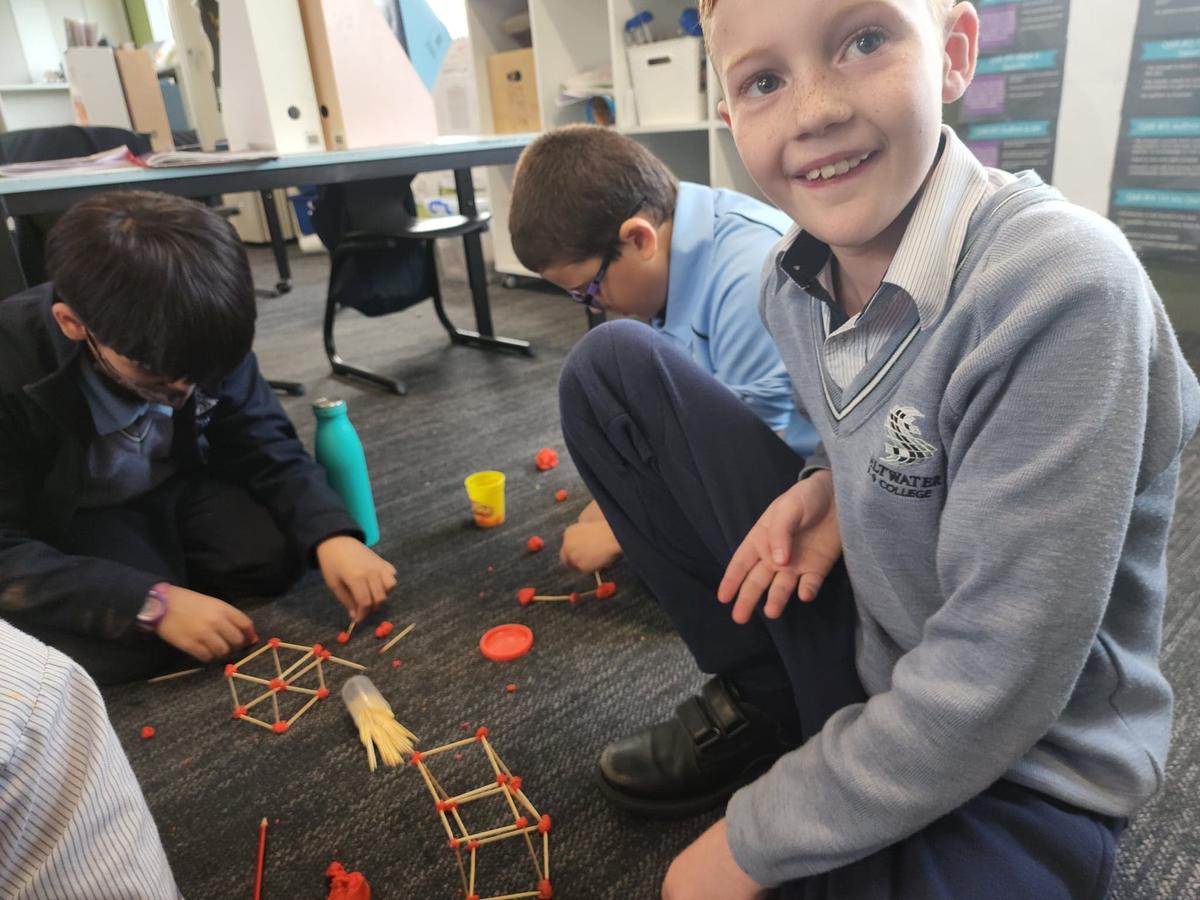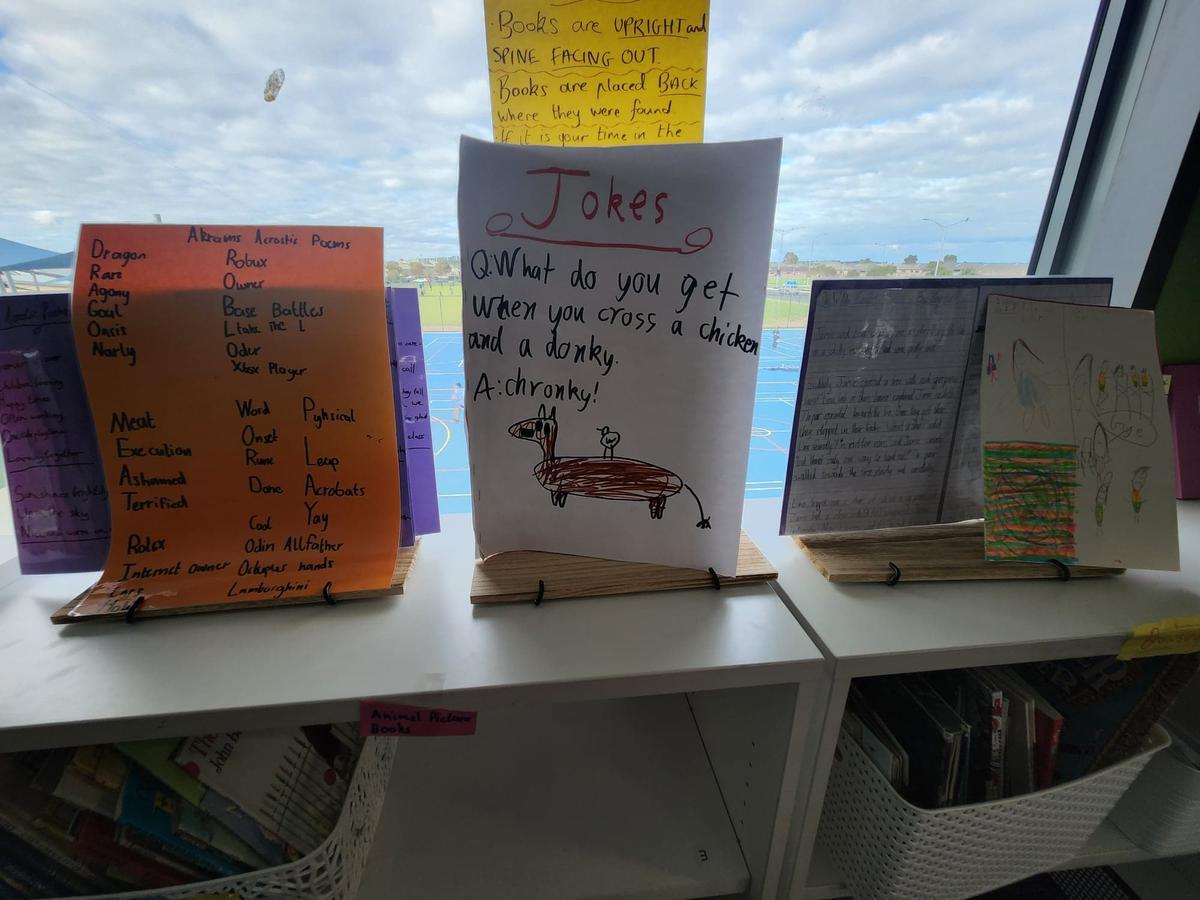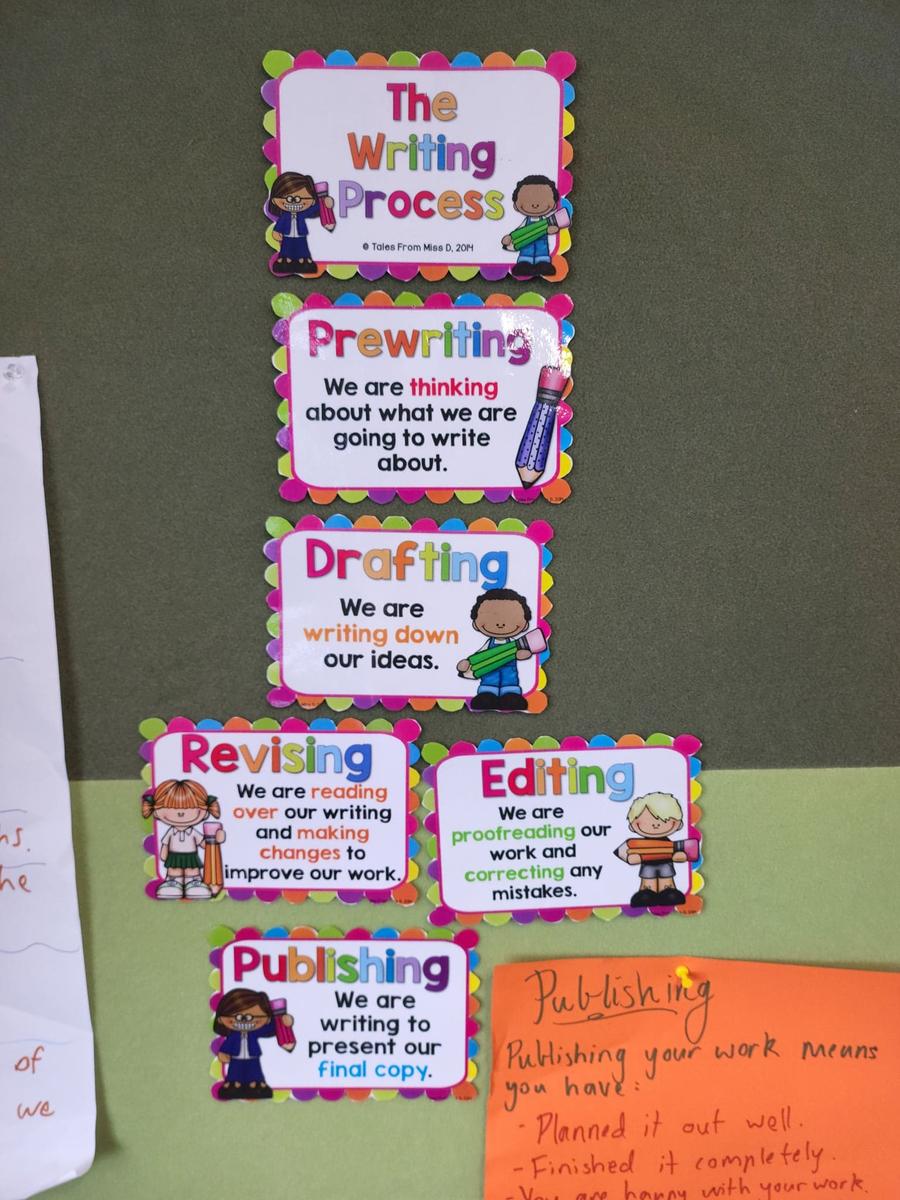Year Three News
Week 5 and 6 Newsletter

Year Three News
Week 5 and 6 Newsletter
Hello Year Three students and families!
First of all, the Year Three team would like to say thank you for the effort, care and patience throughout this year and the period of NAPLAN. As the term continues, new events, assessments, learning opportunities and information arises.
Assessment
All teams are beginning to assess their students using the Fountas and Pinnell assessment benchmark to obtain accurate information regarding students reading abilities in connection with Reading Conferences and Guided Reading groups. This information is also used for reporting purposes and goal setting. We continue to use and monitor student learning through Essential Assessment, Mathletics and Epic Books. Our incursion, History Box, is upcoming and will occur on the 30th of May. We also have an incursion with, 'Brainstorm Production Live Theatre'.
It will also be announced that each year level will host a parent information evening session this term, with details, dates and times to be announced.


Reading
We are focussing our reading skills on visualising while we read, for students to engage themselves in a text on a sensory level. We are analysing and discussing how authors use their language to make the reader feel, see, hear, smell, taste and touch different things in our minds. This skill will be unpacked and practised through such texts as, 'Image A Day', 'The Seashore Book', 'When the Wind Changed' and through poetry. Eventually, we want the students to independently stop and notice points in their reading where the author is using sensory language through descriptive words and phrases. They can pinpoint adjectives, adverbs and noun groups to help them identify the section they're visualising.


Mathematics
We are beginning to explore the mathematical concept of time within our own classrooms this fortnight! This includes knowing some time facts (Eg. 14 days is a fortnight), time conversions (Eg. there are 60 seconds in a minute) and how to read clocks! This can be a challenging topic for some students to comprehend but we are confident that with some fun interactive and challenging lessons planned, it will become a lot clearer for all. We are also beginning statistics and probability, with a focus on analysing graphs and data. Each year level will continue to unpack strategies to solve Number and Algebra problems, such as using vertical addition for large problems and skip counting using number charts. Our aim is to have the students memorise their 2, 3 and 5 times tables and then apply that knowledge in different settings.
Unit of Inquiry
Students have explored various technologies throughout history (not just digital technology!) and how timelines can be used to showcase important events and inventions. After completing a timeline with a given technology, students will become more independent inquirers, choosing their own decade to research. They will make their own timeline about different technology from their chosen period. We encourage students to continue to bring in artefacts from home. The kids all love seeing something new and talking about what makes it technology. Students have also compared similarities and differences between past and present forms of particular pieces of technology and compared the differences.We will soon be coming to a close on this unit and will then begin a new unit with the students.
Writing
Narratives have been our focus since the beginning of Term Two. Now, we have begun learning about poetry, what poetry is and reading different types of poems. For example, the students will experiment writing Haikus after familiarising themselves with the complex structure, and free verse poetry to allow a more open flow of thought. We hope the students thoroughly enjoy the creative opportunity poetry lends to them.
Furthermore, students are also working to understand the writing process and explore how good authors compose and publish their work. As a class, we decided on what it means to pre-write our ideas, write a draft, edit and revise and then publish our work. The work we create will be displayed for reading in our own classroom libraries as a celebration of being an author.

